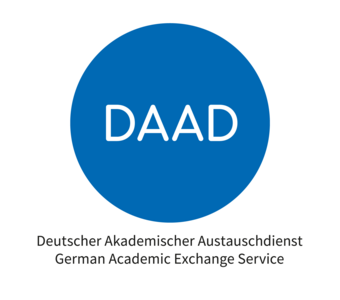Integration of managed aquifer recharge and water-food nexus in higher education
India is the highest groundwater (GW) abstractor worldwide. Consequently there is an imminent need to enhance artificial GW recharge (or managed aquifer recharge/MAR) techniques in the region and concurrently improve the academic quality of post-graduate (PG) courses to give students/researchers the necessary skills to provide solutions. MAR, including the natural treatment technique of riverbank filtration (RBF), is being increasingly recognised as sustainable water management strategy worldwide. The University of Applied Sciences Dresden (HTW Dresden) and the Indian Institute of Technology (IIT Roorkee) aim to enhance the interdisciplinary competencies and skills of PG students and PhD researchers, demonstrate the interlinking of RBF/MAR and the water-food (WF) nexus in the South Asian context through a research-based concept for a field site in North India, conceptualise and develop a niche PG-module on MAR and WF-nexus and add it as a new dimension to the existing academic and research cooperation between HTW Dresden and IIT Roorkee in the field of sustainable water management. To this end, PhD researchers and faculty members from IIT Roorkee will participate in the 6th International Summer School on Managed Aquifer Recharge in Dresden in September 2025. Concurrently, a case study site in North India will be investigated and subsequently a course on MAR and WF-nexus will be offered in IIT Roorkee. A dissemination event is planned within the framework of the Roorkee Water Conclave in Roorkee in 2026.
Project partners
- University of Applied Sciences Dresden, Faculty of Civil Engineering, Division of Water Sciences, Dresden, Germany (HTW Dresden / project coordinator)
Indian Institute of Technology Roorkee, Department of Civil Engineering, Roorkee, India (IIT Roorkee)
The project "Integration of managed aquifer recharge and water-food nexus in higher education" (project ID 57808115) is funded by the German Academic Exchange Service (DAAD) with funds from the German Foreign Office (Auswärtiges Amt) within the DAAD's program "German Indian Academic Network for Tomorrow" (GIANT, 2025-2026).


